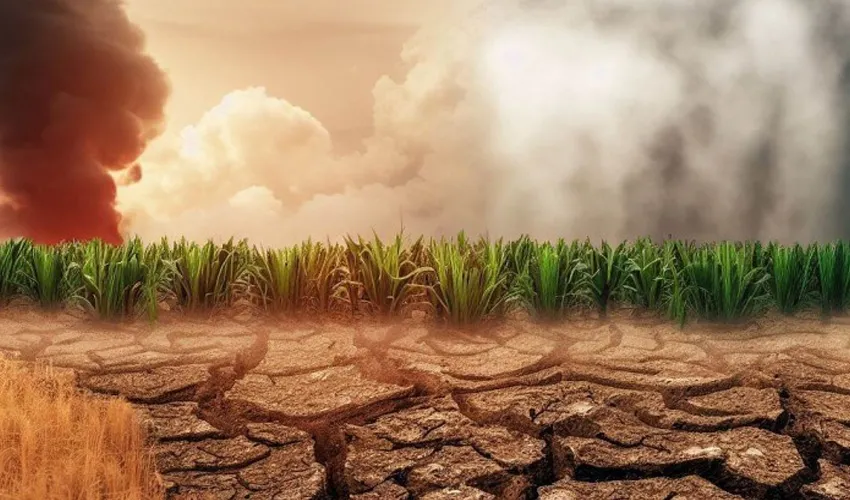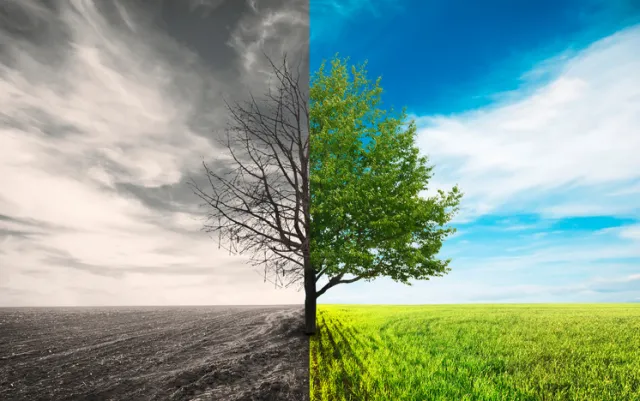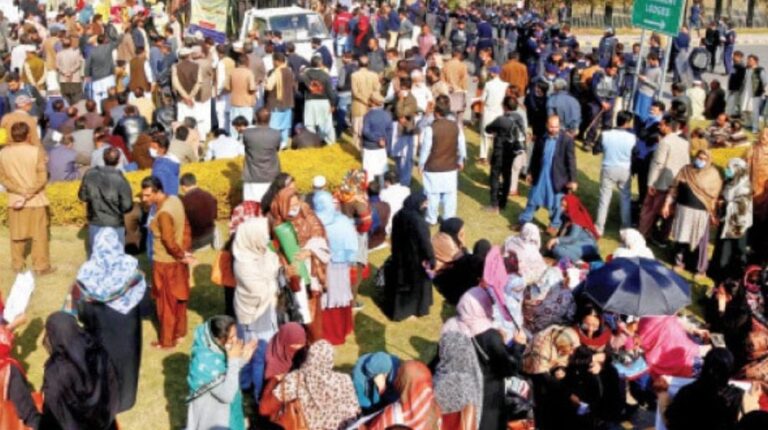Climate change is no more a threat to the future. It is a present reality that, at the moment, appears to pound every corner of the world. There is certainly no denial about the increase in climate change occurring to Pakistan with swelling floods, melting glaciers, and rising temperatures. For one thing, however, what critically matters is the fact that issues pertaining to the lives of such individuals in Pakistan have been known and grasped as fights have to be for just such issues. In other words, online searches and their trends reflect no more than this window allowing us to glance in at how the people, as a large constituency, thought or worried regarding climate change pertaining to Pakistan.

The Reality of Climate Change in Pakistan
Pakistan is emitting a lesser amount than 1 percent in the world emitted greenhouse gases. Still, it is included among the most vulnerable countries. Extremes have been witnessed over decades in Pakistan, but intensities and frequency are increasing significantly during the last couple of decades. Among its significant effects are:
1. Catastrophic Climatic Conditions:
Flooding: The extreme floods in 2010 and 2022 rendered millions homeless in various cities. Billions of dollars in damage were also experienced.
Heatwaves: Thousands lost their lives as a result of surging temperatures in urban centers, for example, Karachi.
2. Melting Glaciers and Water Shortage
Among the biggest outside the polar regions, this group of glaciers also prevails in northern Pakistan. These are melting at an alarming rate. This would mean millions of people losing supplies of water.
3. Agriculture
Agriculture is the back bone of the economy of the nation. Such unpredictable weather has drastically reduced agricultural productivity, and the nation is on the verge of food insecurity.
4. UP Rising Sea Level
This has led to sea water spilling over on the coasts of Sindh and Balochistan due to rise in sea levels.
Now becomes the solitary source of information from which almost each human can take a glance every day. Moreover, one also gets much insight of the public interest and awareness related to knowledge through search trends. For instance, in Pakistan, climate change related questions in searches have led to periodic trends that come after the rises following the incidence of some mega disaster such as flooding or heat waves.
Most Searched Term Related to Pakistan
1. What is climate change?
A general interest, and at a basic level, a lack of knowledge on the subject.
2. Effect of climate change in Pakistan
The people are interested in how this global problem is impacting their country.
3. Flood in Pakistan 2022
This search, of course, comes during floods and immediately following floods but, as proved on the internet only, remains more reactive interest rather than a proactive interest on this topic.
4. How to decrease the effects of climate change?
Interest in solution actions is increased, but it has been very low with figures comparatively to how grave a situation it has actually been.

Frequently Asked Questions About Climate Change in Pakistan
To answer some of the frequent questions and myths, here are some frequently asked questions:
1. What is climate change?
Long term changes in temperature, precipitation, and weather patterns these are the defining aspects of climate change. This is mainly because of human activities: burning fossil fuels.
2. How does climate change affect Pakistan?
Primarily water related disasters floods, droughts, heatwaves glacier melting which ravage millions of lives and affect the economy of this country.
3. Why is Pakistan susceptible even though it is a country that emits the least greenhouse gases?
Pakistan geography and its dependence on agriculture and scarce resources have made it a highly susceptible region to climate change impacts.
4. What can be done?
- Save energy
- Plant trees
- Awareness campaign
- Use public transport or carpool.
5. What has the government done?
Government has taken such initiatives like Billion Tree Tsunami and Climate Resilient Pakistan strategy. Implementation is the problem.
6. What can be done to reduce climate change in Pakistan?
For people:
1. Ecological Life
Avoid wasting energy and water.
Use less single use plastics
2. Learn and Spread Awareness
To solve is to know how to identify the problem.
3. Mass Social Movements
Join hands for mass plantation of trees and awareness campaigns.
For the Government:
1. Research on alternative energies
Increase solar and wind sources of energy rather than utilizing so much fossil source.
2. Disaster response system be improved
Strong alert systems, strong infrastructure to combat natural disasters.
3. Policy Implementation
Implement climate policies effectively and ensure industries responsible for their emissions.
4. Cooperation from internationals
International funding and support should be sought to help with the challenge brought about by global warming.
Why Awareness Matters
Awareness is the door into the world of climate change, but this will then make people understand and support policies and take individual steps to mitigate this effect. For example, errant spikes in search trends during a disaster indicate a need for constant education and proactive measures.
This form of communication will thus be relatively efficient in spreading the same awareness into schools, the media and forums for religious heads in Pakistan. That is, it is as much a constituent of the curriculum at school and religious heads have been made to pay prescriptive duties given the general mood of change.
Conclusion
Climate change is not an environmental issue only but also a social, economic, and humanitarian crisis for Pakistan. The consequences are grave, but so are the opportunities. Search trends are showing growth, though it remains reactive. We need a steady effort to educate, prepare, and act before the disaster happens.
This realization of the problem, now with collaborative efforts from everybody in Pakistan, can then pave its road towards a future filled with promise and sustainability. Awareness in motion begins today.







